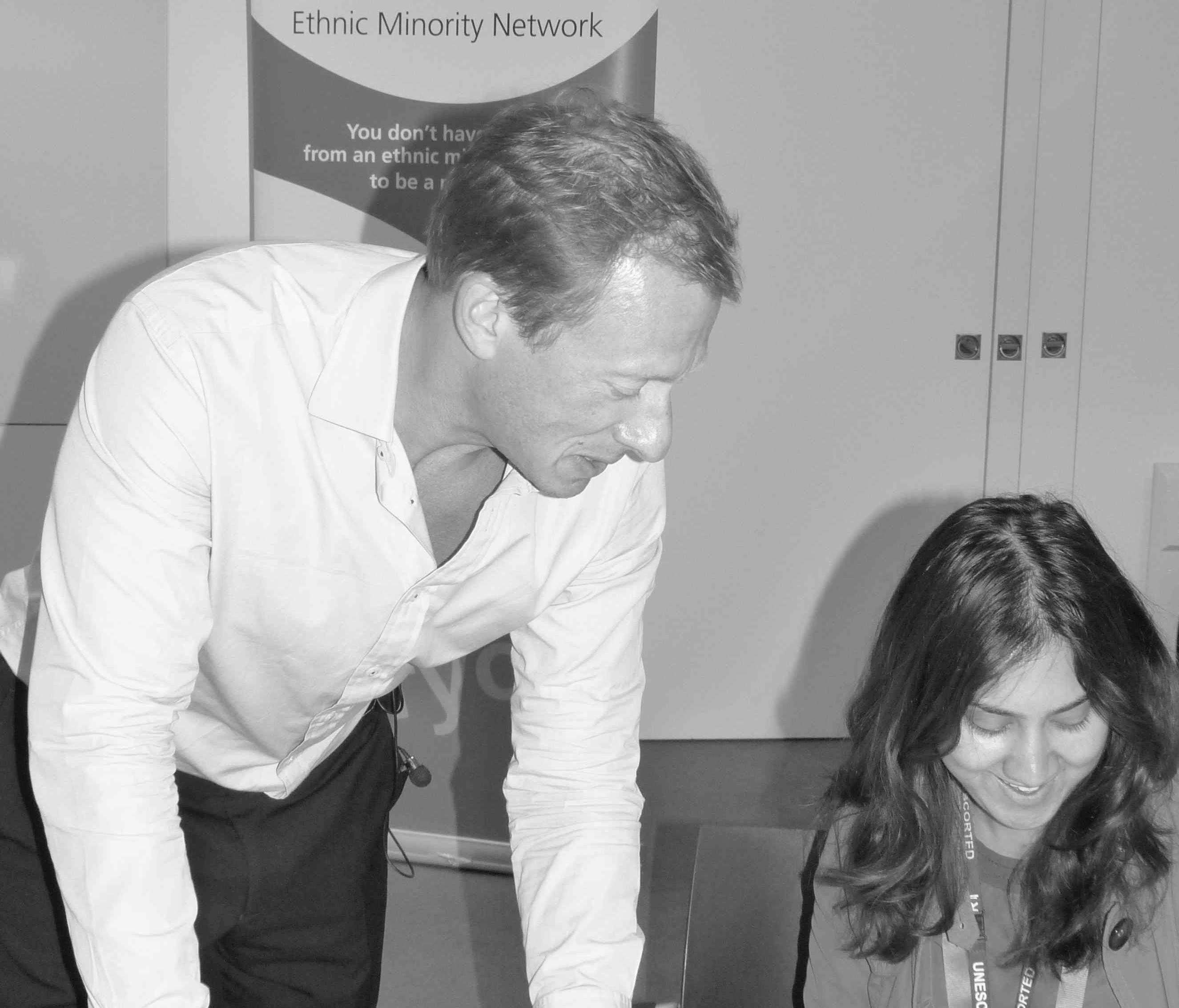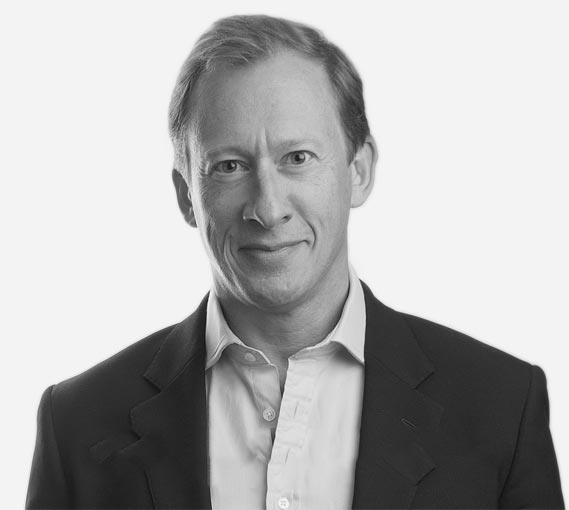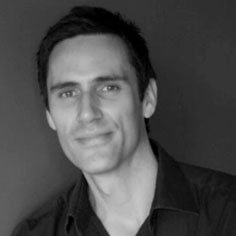Executive Coaching
Executive Programmes To Suit You
Our coaching is highly practical and transformative, designed to enhance personal and professional growth. Whether short-term support or a comprehensive development journey, we help uncover deep insights to achieve ambitious goals for individuals and teams.
Rooted in emotional intelligence, our step-by-step process aligns individuals, organisations, their roles and long-term objectives, fostering positive cultures and sustainable success. Experience the powerful impact of high performance coaching tailored to your needs and realise your full potential.
Leadership coaching
Transforming people into leaders- There’s no faster, more effective way to capitalise on your leadership strengths and style. EQ quickly reveals what’s missing to build best practice and the skills, beliefs and behaviours of high performing leaders. Much more than simply a sounding board, it’s transformative professional development.
- Succession planning and development works brilliantly with our EQ model to support an organisation from strategy to competency models and the leaders and skills that matter. We’re straight-talking coaches dedicated to success. Click here to read more.
Career Coaching
Empower your future- Expert guidance on the skills and territory to succeed in any career. Discover what’s missing, where to focus, and how to excel. Gain the edge by knowing how to showcase your strengths through our unique EQ analysis. This package elevates your brand, confidence, and mindset while helping navigate potential work pitfalls. It can also include guidance on personal presentation, interview technique and social media profiles; a comprehensive strategic and tactical roadmap for career success.
EQ Coaching
Success balanced with happiness and health- Building your EQ resolves a huge range of personal issues and unlocks success. We provide a clever roadmap to what a high-functioning person looks like, yet it’s rarely taught to leaders. Become more powerful in life and career by honing these exceptional skills. Something holding you back? We’ll get to the heart of the issues, fast, with results you’ll feel and other’s will notice. We’ll build your awareness and formulate your ‘winning formula’ plan to use from day 1. Click here to read more.
DEI Coaching
Level that playing field- Gain the support, confidence, strategies and resilience to thrive amidst workplace prejudice. Transform frustration into opportunities and anger into success.
- Business Leaders, discover how prejudice impacts people, organisations and society. Create thriving positive cultures of equality.
Team Building Coaching
Forge high-performing dynamic teams- Tired of generic team-building exercises that don’t deliver results? We offer a data-driven approach to team development that goes way beyond simple team building courses. Utilise the science of EQ to create high-performing and dynamic teams through comprehensive and transformative programmes that use testing, coaching and facilitations. Click here to read more.
Emergency Coaching or HR Support
Rapid Improvement Coaching - Mediation- Threat of derailment or placed on Personal Improvement Plan at work? We can help.
- Require rapid support improving communication and trust between employee and employer? Such challenging situations can become stuck. Our independence and expertise foster mutual understanding and help facilitate positive resolutions.
Contact Us About Executive Coaching
Whatever you or your team are looking to achieve, we can help.
Executive Coaching
Transform your business, leaders and careers. Our highly effective coaching strategies deliver ambitious goals and high-performing teams.
We offer the best in executive coaching optimising emotional and business aspects of the workplace building the skills needed to succeed in any role. This transformational work builds both personal and professional awareness and resourcefulness, fast. Our coaches pride themselves in building trusting, confidential relationships based on tried and tested experience. Based in London, UK.
Read more about our leadership development and team programmes here
.
Executive Coaching Benefits
- Build your strengths, align to values
- Enrich passion and purpose
- Trusted, confidential sounding board
- Minimum 20 year’s certified coaches
- Learn proven success techniques
- Flexible styles of coaching practice
- Wellbeing-resilience review as standard
- Clear structured programmes
Not all executive coaching companies are equal. Discover the incredible array of coaching benefits in our Leadership coaching.
Read about our coaching process here

Our Executive Coaches
Great coaching is an art, both practical and thought-provoking some of the best executive coaches. We’re seasoned professionals with psychological training, business acumen and significant corporate experience. They are London based, coaching across the UK and globally. [Read more].
What is Executive Coaching?
Executive coaching is a collaborative and transformative process based on a powerful partnership that identifies and hones people’s talent through a highly personalised process. It’s an empowering relationship built through confidential conversations, assessments, analysis, exercises, role-playing, mentoring and real-world application to facilitate learning and growth.
We specialise in developing leadership skills hence it’s usually termed leadership coaching, which is executive coaching specifically for senior leaders. Why the need for this specialism? Because senior leaders have specific needs, roles and challenges and have the greatest impact on others, so leadership coaches need to understand these elements particularly well.
Another type of executive coaching focuses on the most senior leaders, called c-suites (those with titles such as CEO’s, CIO’s, FCO’s, CMO’s, COO’s etc.) and their senior leadership teams (SLTs). This requires significant experience of not only what makes a great leader, but their typical issues and their corporate work environments. We have several decades of experience that have evolved standards of good practice and proven methodologies that leaders can readily absorb, build on and trust. Few coaches do this well. Some life coaches for instance presume to ‘do’ corporate types of coaching like this. When looking for a coach, one should ask about experience and initial insights a coach might have around your particular work issues. More on leadership coaching here.
Why senior leaders need coaching most
When senior executives are able to perform at the highest level, they have the power to influence the entire organisation and culture not simply those they come into contact with like middle ranking managers.
This multiplier effect is not often discussed or leveraged but is the reason we feel culture is more significant a factor than strategy in achieving high performance and goals. It follows then that the more senior the role, the greater the potential impact from experiencing our coaching. Helping leaders understand their impact is key as well as addressing the typical things they wish to improve such as charisma, strategic understanding, stakeholder relationships, communication skills, career progression and much more.
As up to 90% of success in leadership roles is based on emotional intelligence skills*, our unique brand of coaching is based in emotional intelligence coaching and emotional intelligence testing. This is why we’re a natural choice for senior, C-suite coaching.
Coaching cultures create high performance
We believe you should build cultures conscientiously and wisely. Culture is shaped by mindset, values and behaviours. The way a leader says and does things is as important as what they leave out. For instance, silence in place of speaking out or the lack of decisiveness can have just as strong an impact as saying or doing something. Indeed, the way we say and do things often has greater impact than the actual deeds or words. Few leaders realise how important emotional aspects and supporting skills and behaviours are at affecting culture. We help leaders build positive cultures partly through increased emotional awareness.
Great leaders need coaching skills
Our executive coaches can also train leaders to use these same coaching skills we use. They then get to pass these coaching skills on and create coaching conversations and cultures within their own teams and organisations. Coaching skills can then become entrenched as standards of good practice, something most organisations simply do not have but desperately need because coaching skills are proven to enhance people performance.
* according to the Harvard Business Review research into EQ.
Executive Coaching FAQ
Q: How important is trust in the coaching process?
As executive coaches, we know that trust is the cornerstone to all relationships, including the coaching relationship. We take your needs and our coaching seriously. We work with you as your partner, one step at a time to make sure you’re clear and happy about your coaching process and agreed outcomes. We establish the ways of working with you and explicitly establish best practice from the beginning.
Q: How much coaching experience should your executive coach have?
Significant experience is paramount for a great coaching experience. Our coaches have at least 20 years of professional experience and are all certified with prominent, respected coaching bodies. They have a mix of significant corporate and business experience. Most of our coaches are based in London in the UK, though travel far and wide supporting clients. We’ve been using online coaching for many years which works very well.
Q: Is executive coaching totally confidential?
Yes. 100%. Even if sponsored by your organisation, be it for stand-alone or group coaching, our coaching relationships with the coachee remain confidential. Of course, whatever coachee’s might be willing to share often helps colleagues and the wider organisation too, but it’s the coachee’s choice.
Q: Does an executive coach tell a coachee what to do?
Not often. Coaching works best when it brings out a coachee’s sense of purpose, greater awareness, and develops their ability to take greater responsibility for their feelings and behaviours. This coaching process is the heart of great leadership too. Occasionally coachees want greater steer or guidance on things like best practice, how to approach things or how they may be perceived by others.
Suggestion: Ask a prospective coach how directive they are and the methodologies they use.
Q: How do you gain the most from executive coaching?
Coaching relationships work best when based on openness, honesty, transparency and commitment on both sides. Our executive coaches give 100% and expect the same from our clients. At all times, as our client, you should feel respected, supported and safe. We guide the process, though the focus and decisions are your choices.
Q: What’s the difference between coaching and therapy?
Executive coaching focuses on achievement and growth. It’s future not past or issue-focused as in therapy. Although issues and blocks are commonly uncovered in the coaching process. A great coach knows the difference and is able to safely navigate situations where issues arise. Good coaches are clear about boundaries and about giving guidance to seek therapeutic support where necessary.
Q: How do I know if I need coaching or therapy?
Executive coaching sessions work on the premise that you’re committed and able to move forward in your development. Coachees should also have a healthy sense of curiosity that helps them develop and grow. If a coachee has difficulties with these, the coach may refer them for additional support, such as to a therapist or counsellor. This is always completely confidential and the coach works purely as an advisor in this matter. Our stringent coaching approach ensures we balance coachee growth, goals and wellbeing. Our coaches have therapeutic as well as professional coaching qualifications, so they are able to tread this fine line carefully and understand what healthy coaching boundaries look like. Want to know if you’re ready for coaching, try our FREE Coaching Quiz just below.Sometimes coaching can be viewed in terms creating ‘movement’ in people’s lives whereas ‘healing’ is more a key element of therapy.
Suggestion: Ask a prospective coach what the differences are to check their knowledge and approach.
There are no daft questions in understanding how executive coaching can work for you, except the ones you want to ask, but don’t.
So please get in touch.
Coaching Logistics - Timings and Location
Coaching session length
For optimal working and results we recommend executive coaching sessions run from 90 to 120 minutes in length. We find reflection and focus is generally optimal with these timings. We try and balance not being too prescriptive though as with the number of sessions required. We focus on outputs and being realistic about what clients wish to achieve in a given time.
Coaching programme length
For the most effective programmes we take coachees through several phases of coaching. Coachees can then be introduced to various development and success strategies and concepts and have their goals and EQ strengths and dynamics uncovered. It’s then possible to create the required awareness to re-model behaviours and create distinct improvements to move things forward effectively. Change through coaching takes a few sessions particularly if the goal is to embed change. We therefore recommend starting with a minimum of 3 to 4 sessions over a 4-10-week period with intervals of 10 days to 2 weeks between sessions. This helps build and maintain the dynamic nature of the process. It also fits with the natural rhythm of building positive habits in a trusted process giving people the right balance of time to learn, try new things and have timely feedback and support. Typical programmes therefore require 6 – 10 sessions. But be under no illusion, it’s worth the investment in time, as the results are often game-changing.
Face-2-Face & Online Coaching
We operate sessions face-to-face in venues around London, the UK and globally. We often attend coachee’s offices if they have access to discreet settings and private rooms. It’s important it is conducted in a neutral, relaxed, private and discreet location. We also use independent coaching venues and coach online using remote platforms such as Teams and Zoom.
We understand that appointments sometimes need to be changed, and whilst we do our best to offer flexibility, there is a minimum of 48 hours’ notice required to change or cancel sessions.
Ready For Executive Coaching?
EQ Services We Offer
Motivational Speaker
Experience an insightful and motivational speaker who inspires, educates and entertains your people
Training
Develop business-focussed skills that focus on leadership, resilience and relationships


